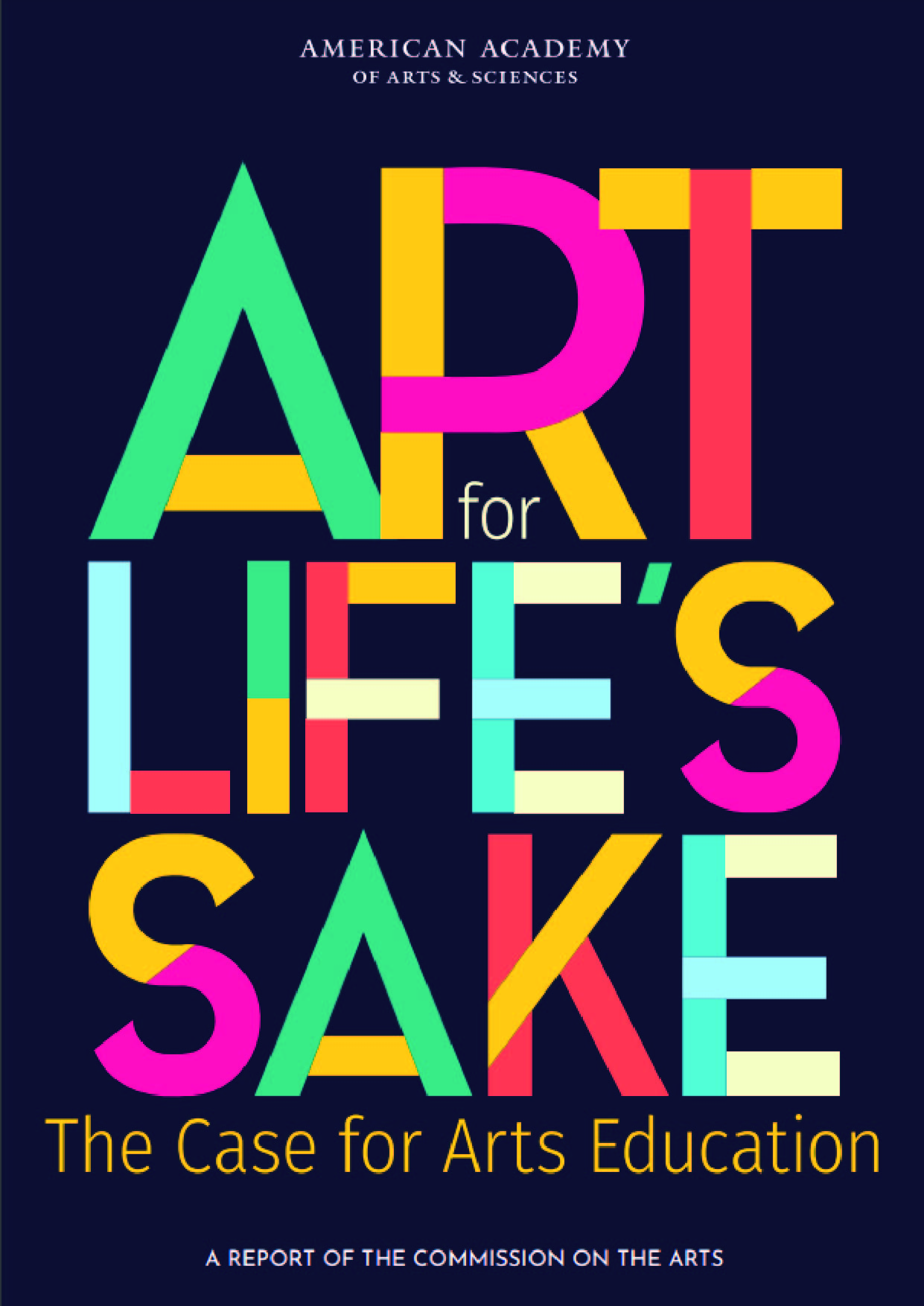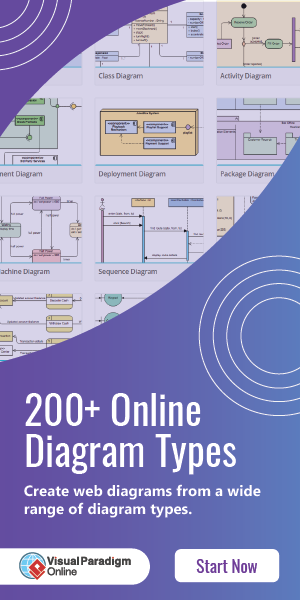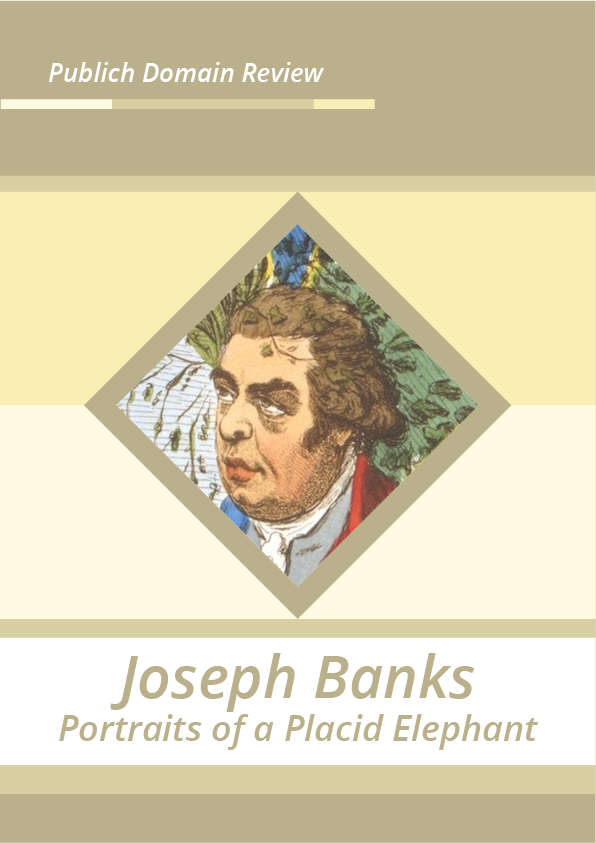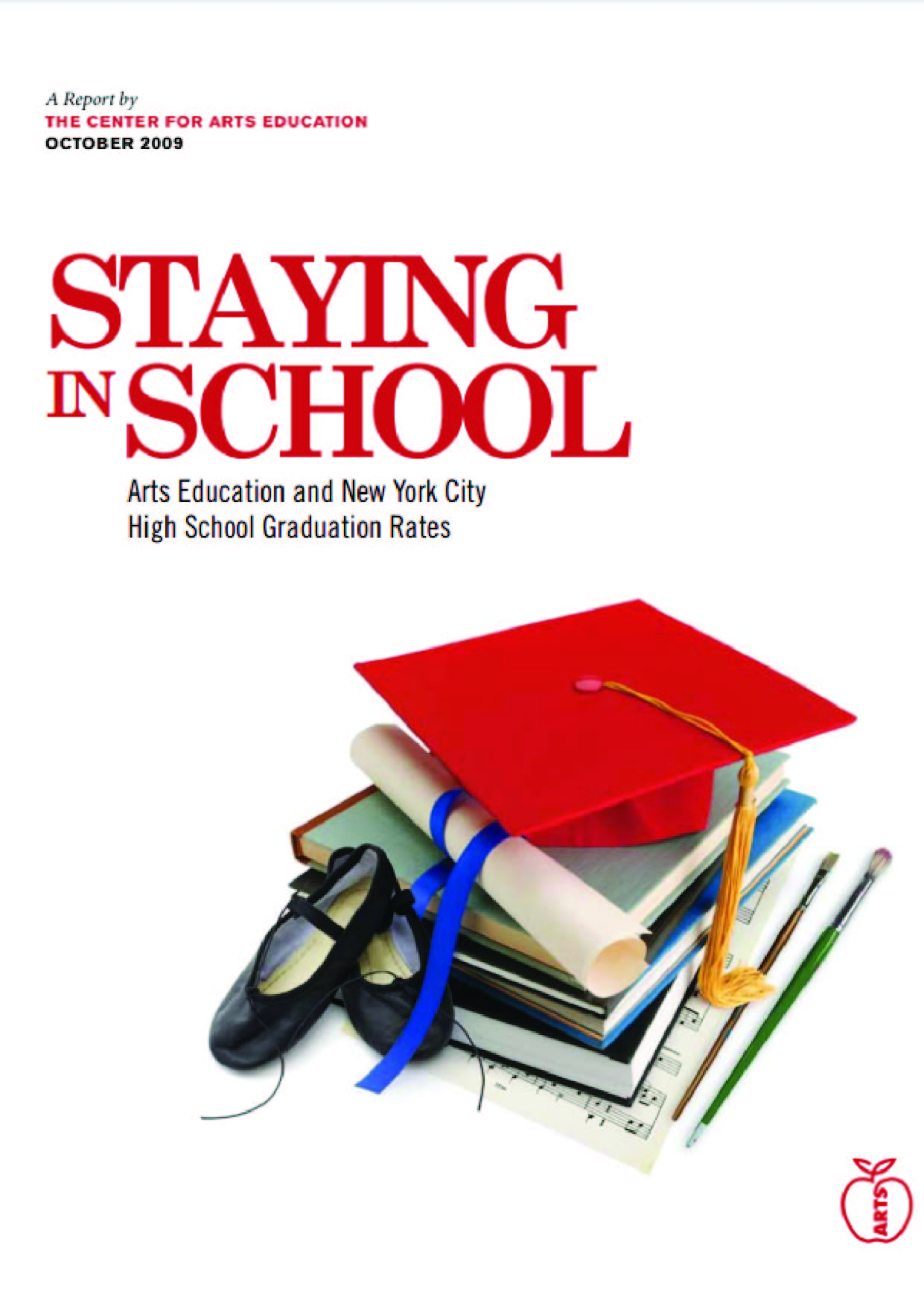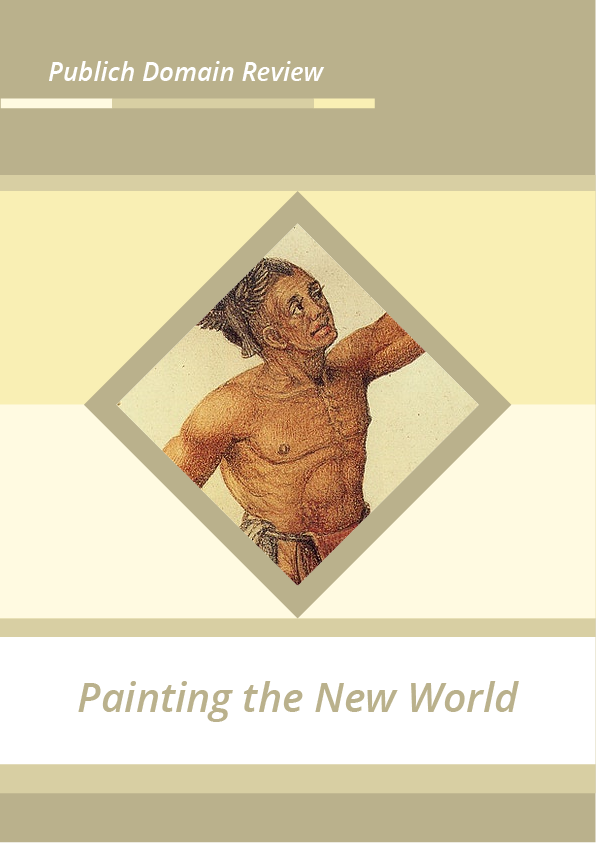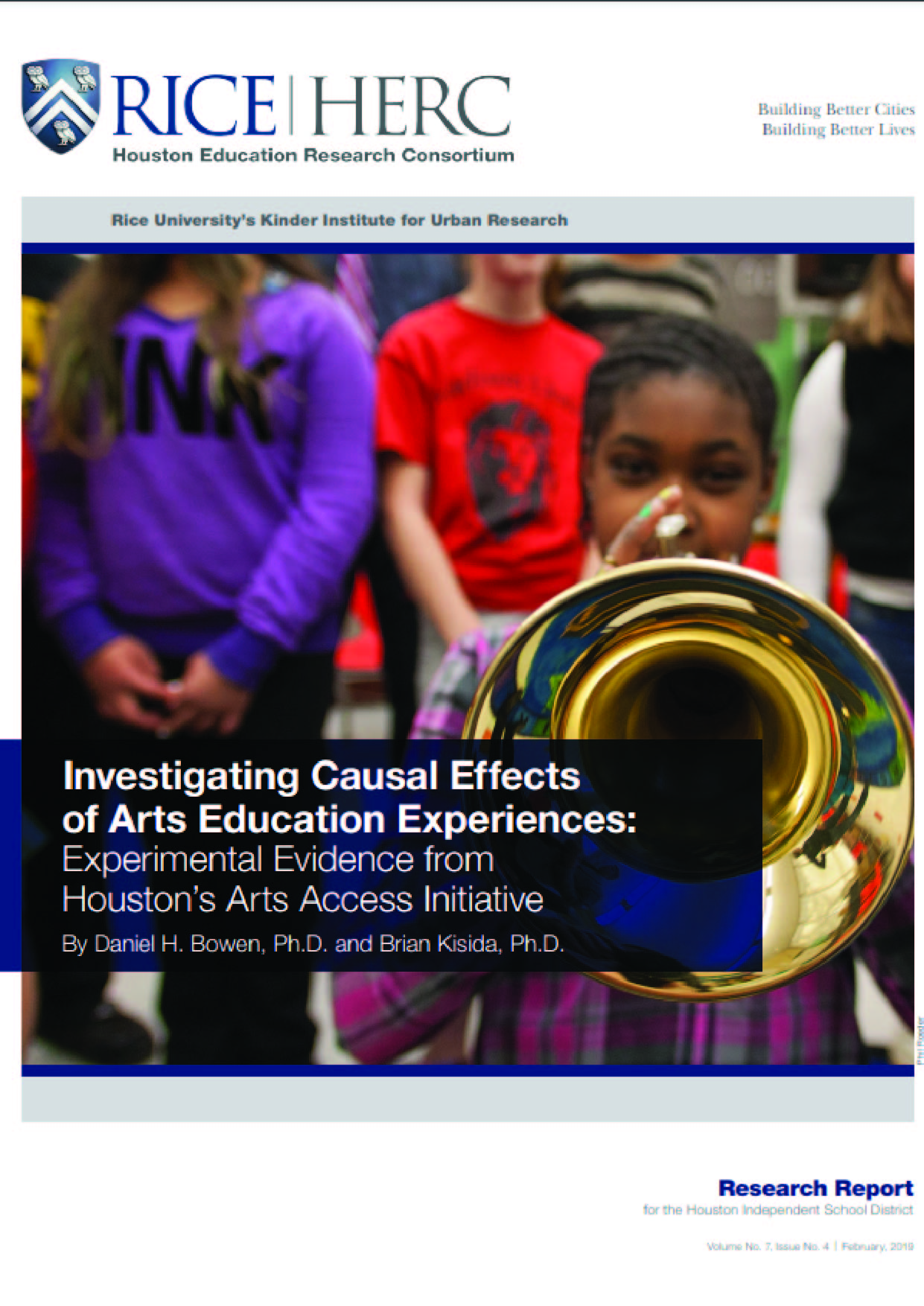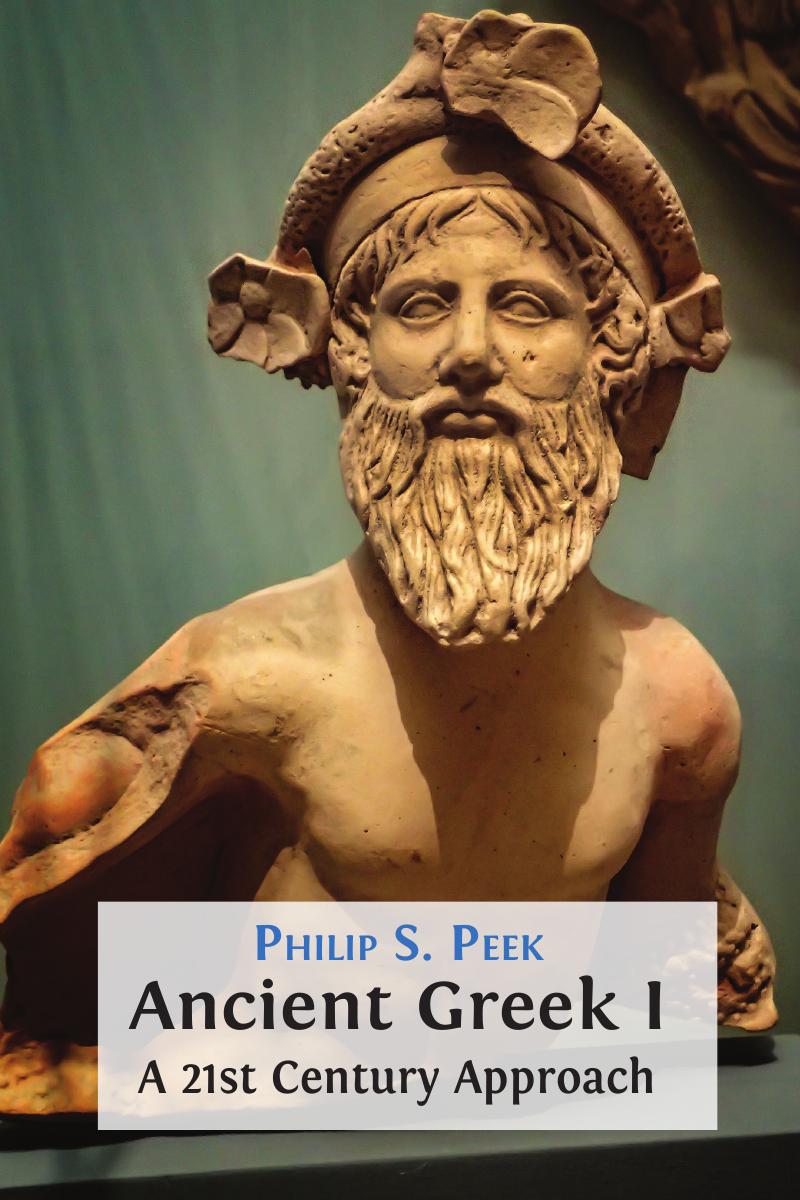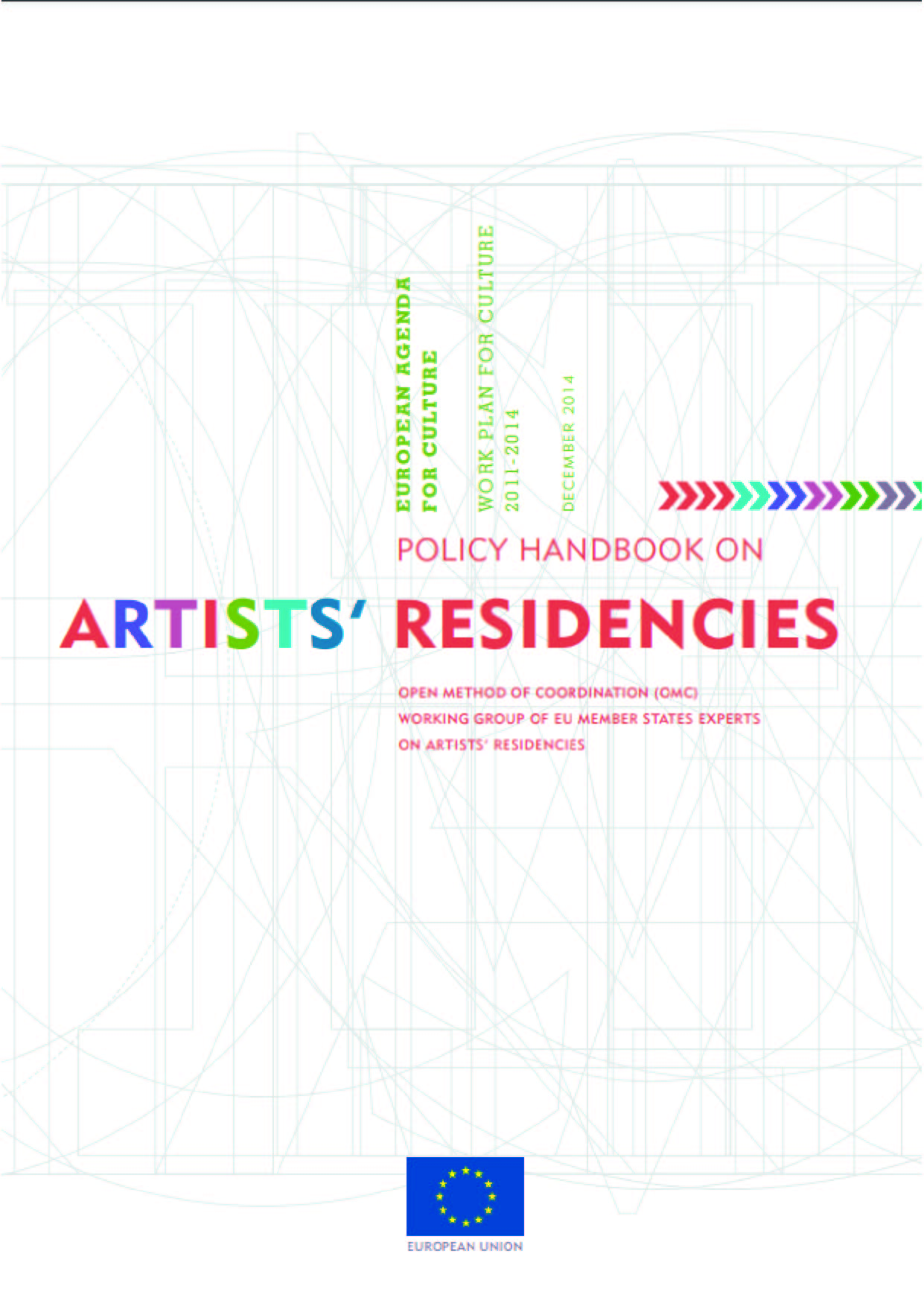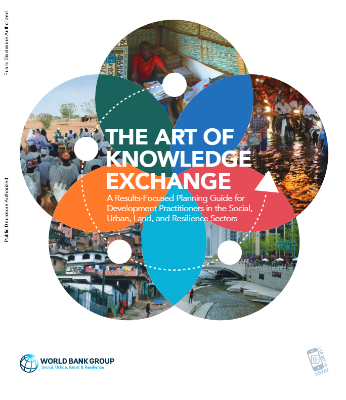Introduction
By any measure, the arts should stand at the heart of a strong public education. An education without the arts—a fundamental mode of human expression—is incomplete. But the value of arts education is deeper. The arts are a rich source of history and cultural identity. Learning from the voices of different cultures and histories provides the opportunity to reflect on the complexity of human experience across time and place.
The arts give us opportunities to contemplate meaning and engage in personal reflection and provide comfort in times of crisis. The arts can challenge our perspectives, giving us new ways to see and experience the world, cultivating the values of diversity, tolerance, and empathy.
1 The arts impart valuable cognitive, critical thinking, and technical skills used by artists and non-artists in their livelihoods, strengthening our economy.
2 The arts strengthen social ties in our schools and communities and enhance civic engagement, strengthening civil society.
3 Finally, the arts enhance educational engagement and a desire to learn more. Childhood exposure to the arts inculcates a lifelong desire to engage in the arts. In sum, arts education is central to the core mission of public education—to equip a citizenry for self-government—and recognition of this fact is long overdue.
Sadly, the education system often fails to hold arts education in high esteem. Faced with budget constraints and rising accountability pressures, policy-makers and administrators have to make difficult decisions about the availability of the arts in schools. As a result, access to arts education has declined. In some cases, it is treated as a complement to other subjects, an elective, or a frill. In other cases, it has been eliminated entirely.
4 And the reliance on property taxes to fund school districts creates an uneven distribution of funding between wealthy and underresourced neighborhoods that exacerbates racial disparities in student access to an arts education.
Prior Research on the Benefits of Arts Education
Educational theorists and practitioners have articulated a variety of potential benefits for the arts. Most broadly, some note that the arts are a way of imparting the rich history of the human experience. As some scholars have put it, “the arts are a fundamentally important part of culture, and an education without them is an impoverished education leading to an impoverished society.” Some note that arts education is particularly beneficial because it helps develop self-expression and creativity or because it enhances cognitive and critical thinking skills.12 Others argue that the arts learning process builds qualities in students that are essential for a democracy.
Emerging empirical research testing such theories sheds new light on some of the measurable benefits of the arts. Early correlational studies identified relationships between the arts and other academic outcomes, such as improved test scores and higher graduation rates.14 Some scholars and stakeholders have resisted framing the benefits of the arts this way, however, and have questioned the validity of research that does not demonstrate causal relationships.15 More recent studies have approached the topic with increased rigor and a broader focus on the types of benefits gained from arts education. One pioneering study of a school-museum partnership program demonstrated a causal link between arts education and critical thinking outcomes,16 increased tolerance, increased empathy,17 and higher motivation to engage with arts and culture.18 More recent rigorous studies have found improvements in students’ standardized writing scores, reductions in disciplinary infractions, increases in students’ compassion for others, increased school engagement, improved attendance, and higher college aspirations.19 Growing research about music’s impact on brain development offers another insight into the importance of a robust arts curriculum for every student. Researchers investigating neuro- plasticity and music have uncovered links in musicians’ brains to stronger language development and comprehension, as well as memory and attention.20 Studies have also shown that musical training correlates with increased gray matter in specific regions of the brain.
While the research demonstrates a range of benefits from arts education, it also points to the social justice challenge in this area. A consistent finding accompanying much of the research on arts education is that students from historically marginalized backgrounds tend to experience greater benefits from arts education facilitated by schools, likely because they are more dependent on schools to provide essential arts education experiences.22 As a result, they are the most likely to experience negative effects when arts funding is cut or inequitable.
Do you want to learn more about this topic? Read through the book from the above.
